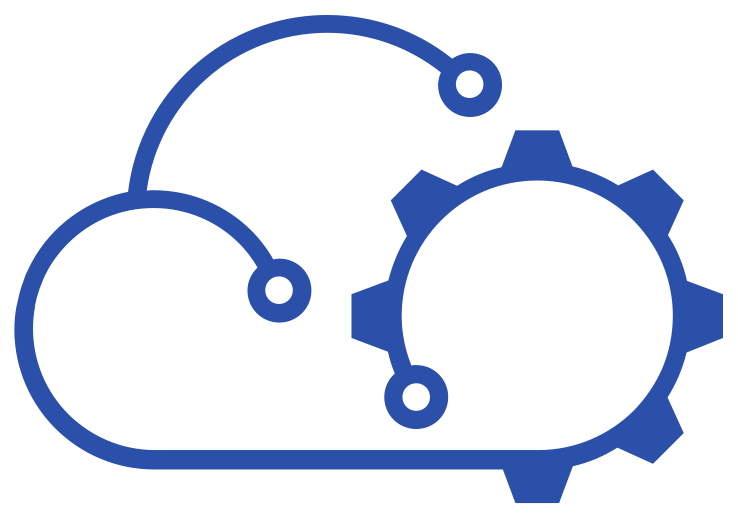Here's To The Next 10 Years!
I was listening to Joe Baguley‘s keynote speech at the UKVMUG the other week and it made me think – which of course was the point.
The central topic of his presentation (or at least how I saw it) was to explain where IT is going in the future. There are hints-a-plenty already present in VMware's current product set and upcoming releases but Joe painted the picture of a future where users aren't tied to desktop computers (and, as a consequence, desks) but are free to use a plethora of devices to access corporate data and applications stored somewhere off in the clouds.
All of this is not because CIOs and CEOs want to go in this direction but because they are being driven that way by their users. These are users who are increasingly growing up in a world where computers and technology are not just prevalent but as much a part of everyday life as food and sleep are.
That's my short interpretation of it anyway, others may disagree with it.
Joe described a direction (it's not a destination as the goalposts will surely move further away before we are ever in reach of them) and I have no problem with it. My children will probably grow up more familiar with handheld devices than the chunky boxes that surround me at present and they are the future workforce that will shape IT; knowingly or not.
The standout thought that I had whilst sitting there listening though was something that had been on my mind for some time but that I had yet to find words for. Simply put, my thought was that in IT no vendor can afford to stand still. If they don't keep innovating and driving forwards in the same sort of direction I mentioned above then the likes of VMware, Oracle, Sun, RedHat, Ubuntu, Apple, Google, Microsoft etc. will become a choice and not an assumption or foregone conclusion when it comes to IT.
What do I mean by that?
Take desktop computers as an example. Whereas a high proportion of home computers sold in the last 10 years have run Windows based Operating Systems, in the next 10 years that figure will have changed because other companies have innovated more in that space that Microsoft are perceived to have done. People are increasingly using tablet devices or smartphones instead of desktops and Microsoft have a smaller presence in that market. In 10 years' time may people may not know or care what an Operating System is.
The same thing applies to people. I can't sit on my laurels assuming that people companies are going to keep using the same technologies in their datacentres. Companies will eventually follow the trends in technology, adapt to the demands of their workforce and head in the same direction as their users because IT is increasingly being driven by consumers and users and not so much by those at the top of the corporate ladder.
I welcome and embrace the changes that will come in the next 10 years.
